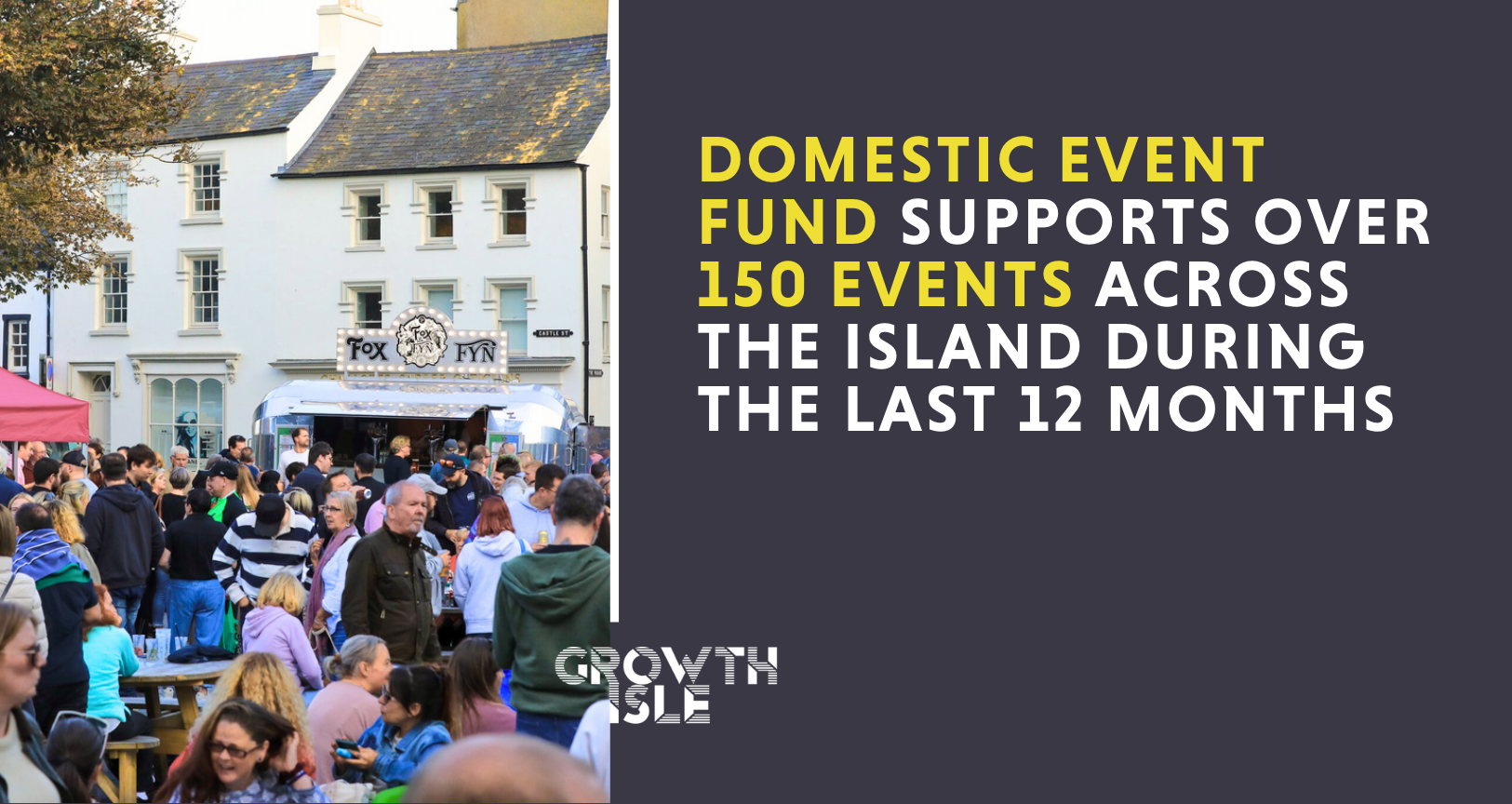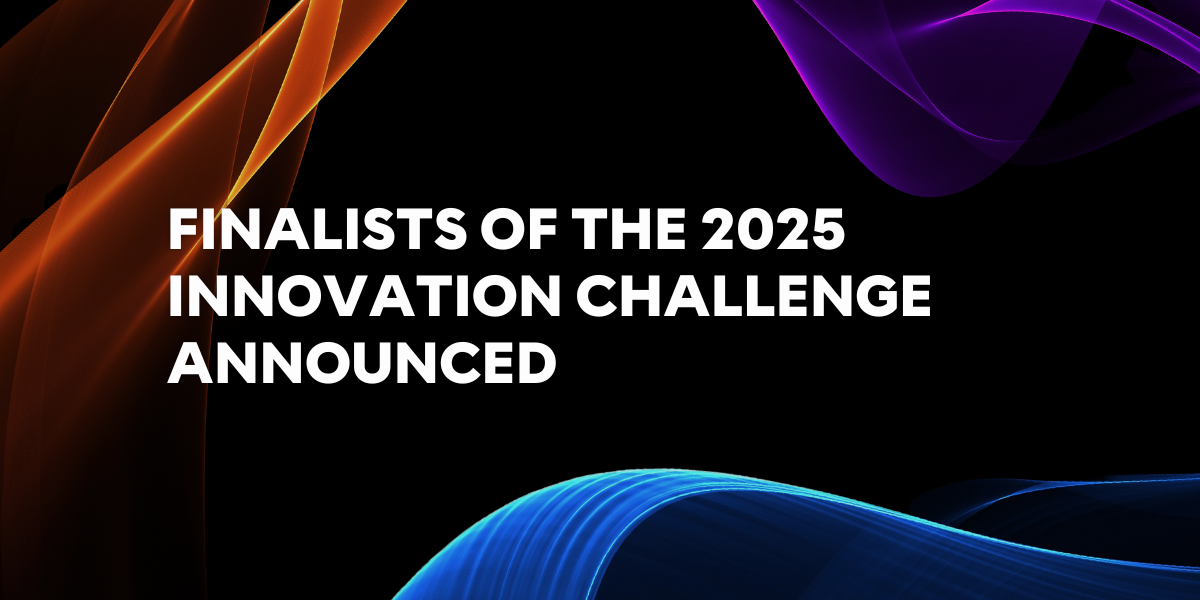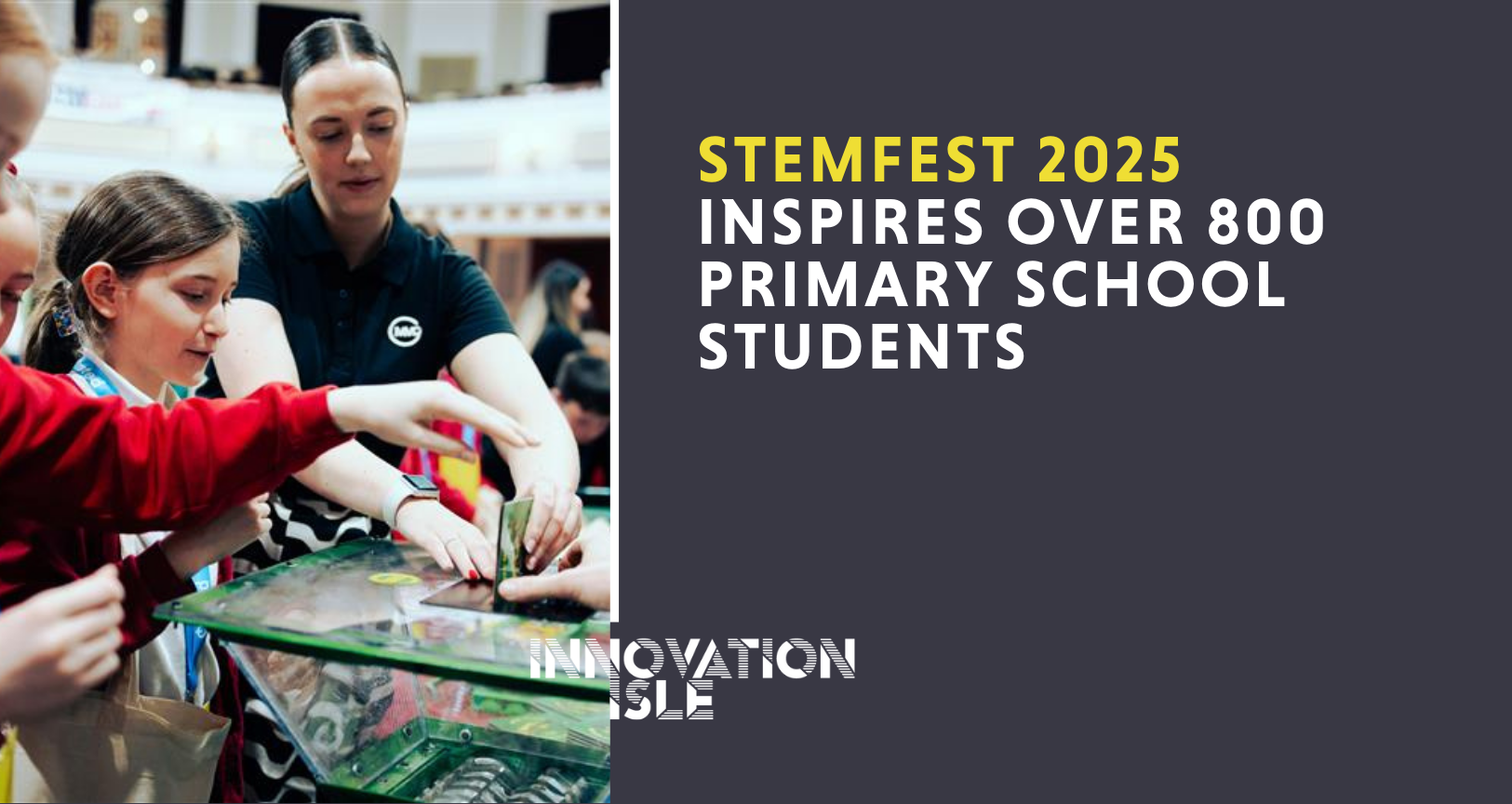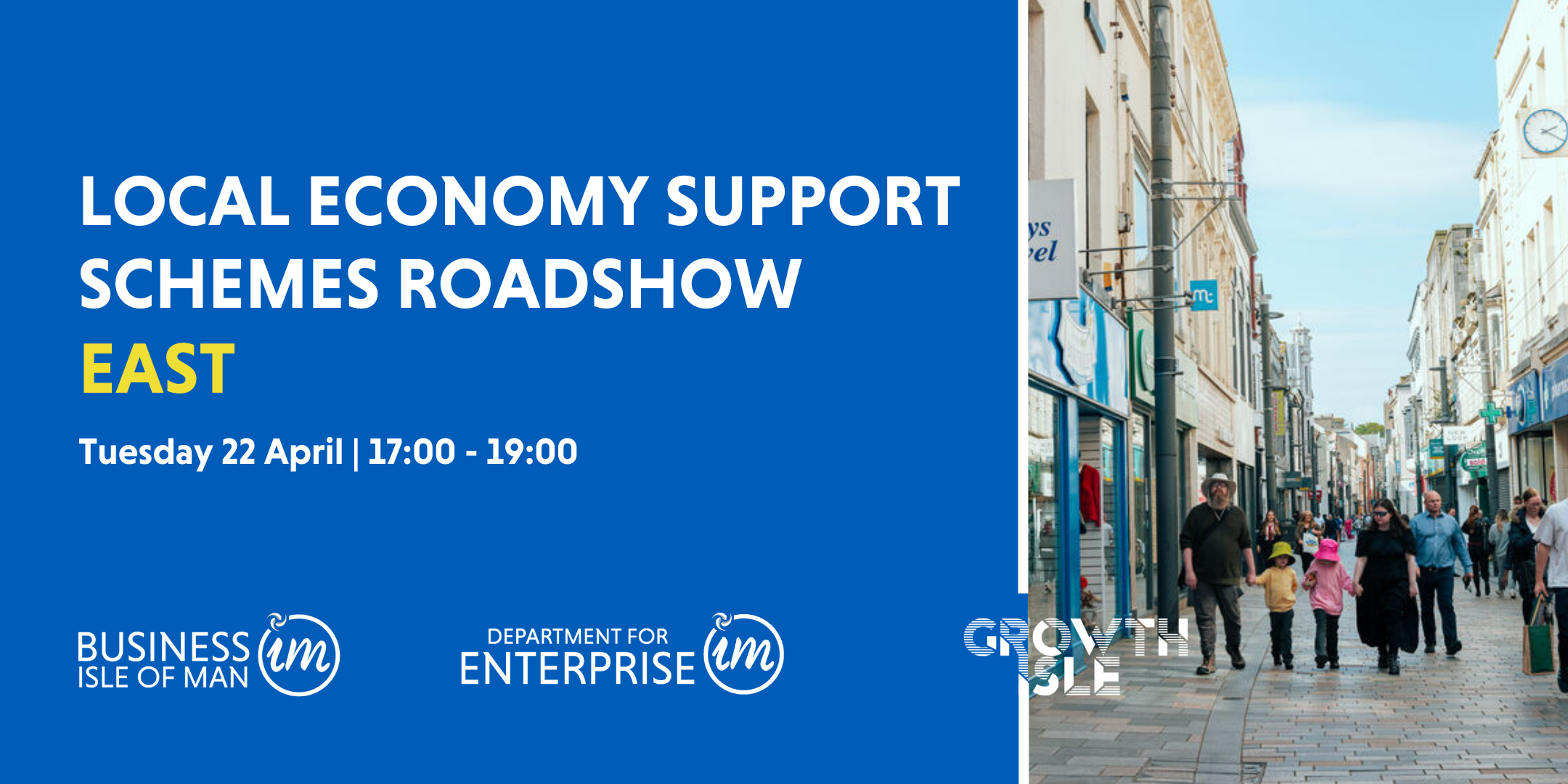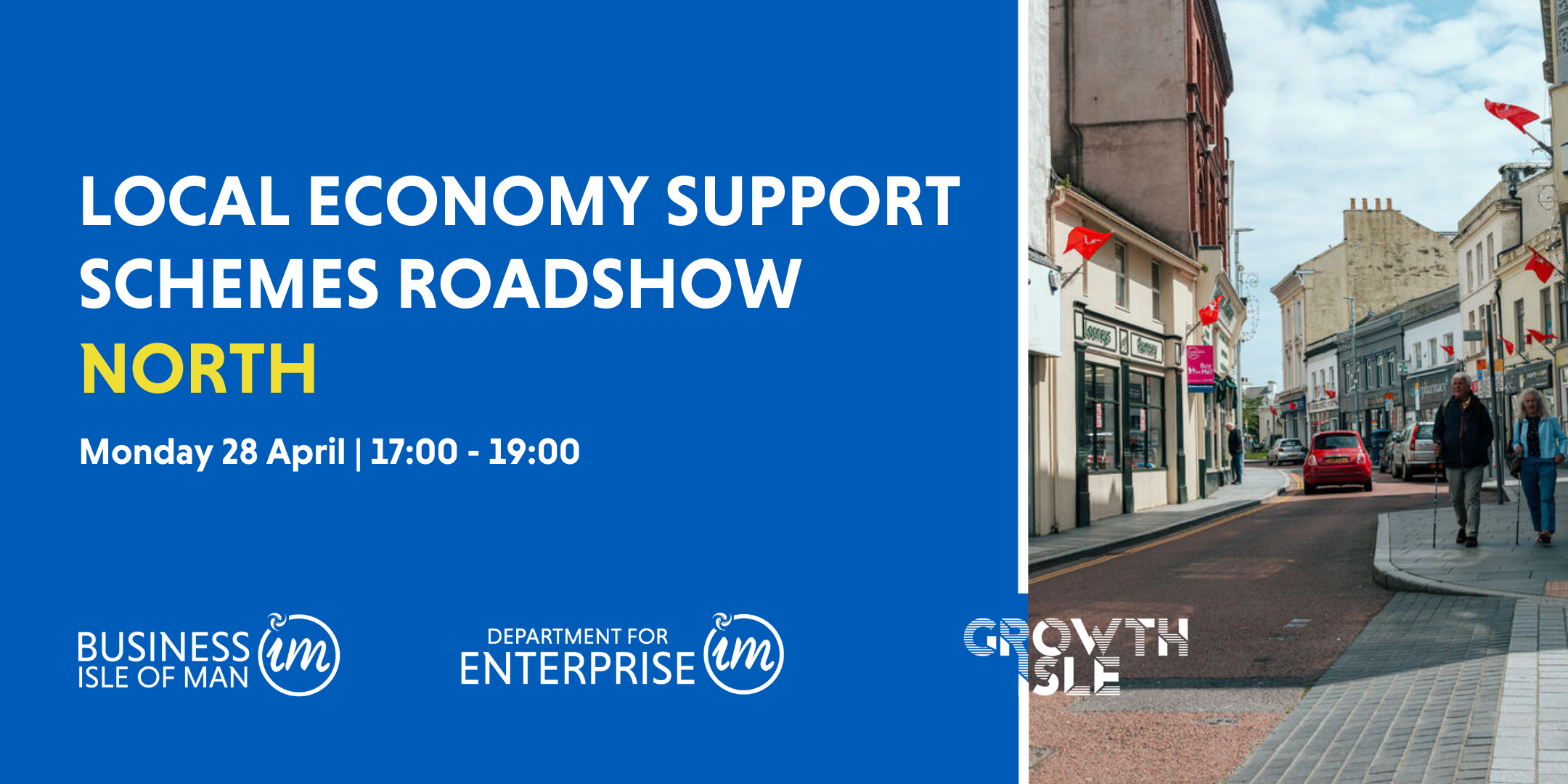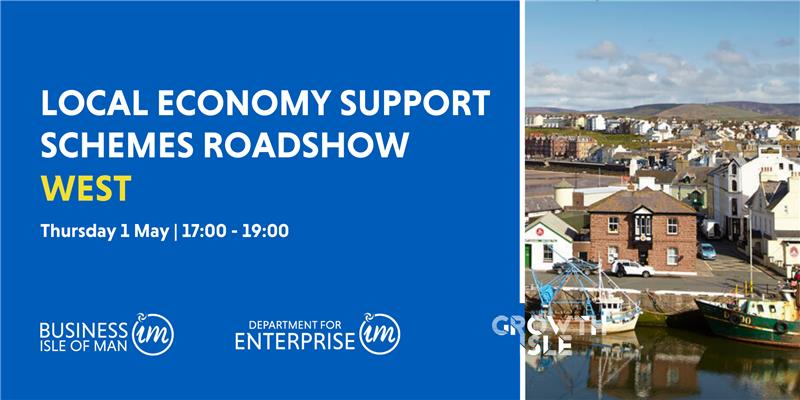WAXING LYRICAL: ECO-SUSTAINABILITY AT THE HEART OF ISLE OF MAN BAKERY AND COFFEE ROASTERY
14 August 2020

Noa Bakehouse – an Isle of Man-based baker, coffee roaster, and café – has been reviving artisanal traditions of bread making since 2013, and has been investing in green practices since its inception.
Proud members of the Real Bread Campaign – an international initiative to find and share ways of making bread better for communities and the planet – Noa Bakehouse’s latest enterprise is a nod to 1950s bread technology and practices, by using compostable and biodegradable wrapping for their tinned loaf range. This was introduced to their Arran range of granary and white sliced loaves in January 2020, and their potato-based vegan alternative, Spudnik, in April 2020.
Working with the Isle of Man’s Department for Environment, Food and Agriculture (DEFA), Noa Bakehouse sourced an FSC-certified coral wax paper, from Irish Flexible Packaging, a packaging company based in Carnew, Ireland.
Designed by award-winning Dublin-based Dave Fitz Design, the designs have brought to life the business’ physical and emotional roots as a modern bakehouse and coffee roasters.
Pippa said: “IFP have been instrumental in our switch to more sustainable packaging, and the branded wax wrapper has been a game changer for us, helping us to introduce ‘real bread’ into the mass market supermarket shelves on the Island.”
Sourcing a machine that could handle the wax paper was a problem, as such machines no longer exist, until they found a company in Lancashire that rebuilds original 1950s slice and wrap machines, installing modern additions to the original cast iron frames: to date, they are the smallest independent bakery to utilise such a machine.
Making sustainability a big part of its brand persona has been a no-brainer for the bakehouse’s owners, Miles and Pippa Pettit, whose eco-friendly and sustainable business has been a major draw for its loyal local/tourist customer base.
“We recycle everything we use, and we source mainly local, high-welfare products with biodegradable packaging,” says Pippa. “Any imported products are through an ethical wholesaler, and we stringently research the backgrounds of the coffee farms we use.
“While the cost of these sustainability practices is significantly higher, we’d prefer to take a hit on the company’s profit margins to ensure we’re creating a cleaner, greener business for our community.”
The Isle of Man is the only entire nation to be a member of the UNESCO world network of Biosphere Reserves, which seeks to build peace through international cooperation in education, the sciences, and culture.
As a recognised partner of UNESCO Biosphere Isle of Man, Noa Bakehouse pledged to protect the Island’s natural resources, as well as to develop the economy sustainably, and make a positive environmental impact where possible.
As a pledge partner, Noa values the provenance of its ingredients by using local suppliers where possible, and limits products supplied to supermarkets and food outlets in order to reduce food waste. These sustainability efforts support the brand's core values by limiting food miles and reducing its carbon footprint.
Speaking of its UNESCO pledge and the bakehouse’s choice to eliminate plastic use, Miles said: “The use of our wax wrapping and machinery is an investment in Noa’s future and in the environment, as we’ve always looked at the most sustainable ways of working.
“Plastic isn’t the future, so we’ve gone back to what they did in the past. We've been producing healthier alternatives of baked products to give our customers a healthier alternative, without emulsifiers or preservatives.
“By supporting Laxey Glen Mill [a local flour mill] and the local farming community, we’ve been able to build a more sustainable industry, and in turn, offer our team more career opportunities that we wouldn’t otherwise be able to, by staying at our small size.”
